১ ফাল্গুন ১৪৩২
Who Killed Charlie Kirk? A Tragic End or a Silenced Voice?
19 September 2025 16:09 PM
NEWS DESK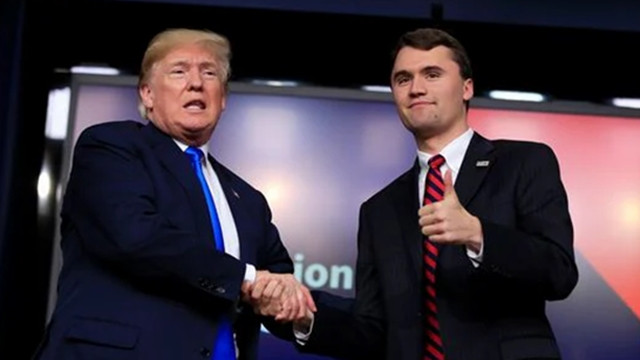
Over the past few years, I had the opportunity to appear several times on Charlie Kirk’s show. I always found him to be courteous, respectful, and genuinely curious about diverse viewpoints—even when we disagreed. He was, above all, a passionate defender of free speech, striving to show young Americans that civil dialogue can exist despite political differences.
At just 31 years old, Kirk had become one of the most influential figures among conservative youth in the United States, positioning himself as a rising voice within the Republican Party and shaping its future direction.
During my time campaigning for the presidency under the Republican banner, I saw firsthand how America’s younger generation was deeply inspired by ideals of liberty, peace, and prosperity—ideals Charlie Kirk also began to embrace more fully in his later years.
But following the shocking murder of Charlie Kirk last week, I can’t say I believe the official version of events. The FBI and other federal agencies have offered inconsistent and shifting accounts, raising more questions than answers.
Sources close to Kirk revealed that his views on foreign policy had been evolving. Once aligned with the neoconservative hawkish stance, he had begun to advocate for a more non-interventionist approach, reminiscent of the U.S. founding fathers' foreign policy principles.
Tucker Carlson recently disclosed that Kirk had even gone to the White House in a last-ditch attempt to dissuade then-President Trump from launching an attack on Iran. His efforts were ultimately unsuccessful.
Candace Owens, a close friend and fellow conservative commentator, mentioned in her recent podcast that Kirk had been going through a “spiritual crisis.” She described his ideological shift away from militant posturing toward a more peaceful, diplomatic path—particularly in relation to the volatile Middle East.
This begs the unsettling question: Was Charlie Kirk silenced by forces that could not tolerate his ideological transformation?
If history is any guide, such possibilities cannot be entirely dismissed. As I argue in my latest book, "The Surreptitious Coup: Who Stole Western Civilization?", assassinations have often been used to suppress transformative leaders—from JFK and RFK to Dr. Martin Luther King Jr.—all of whom sought to challenge the status quo and promote peace in times of war.
In the turbulent 1960s, these leaders were eliminated not merely by lone gunmen, but by broader systems unwilling to let go of power. These forces didn't believe in truth, only in might—the kind that barrels out of a gun. They chose extermination over debate.
Today, more than 60 years after JFK’s assassination, most Americans still don’t accept the official narrative. And perhaps, one day, the truth about Charlie Kirk—if indeed this was more than a random act of violence—will also come to light.
If Kirk truly intended to steer his movement and influence toward a foreign policy rooted in the American founding ideals of restraint, then his death is not only tragic—it is profoundly consequential.
Yet no bullet or assassin can stop an idea whose time has come. That, perhaps, is his greatest legacy.
Rest in peace, Charlie.





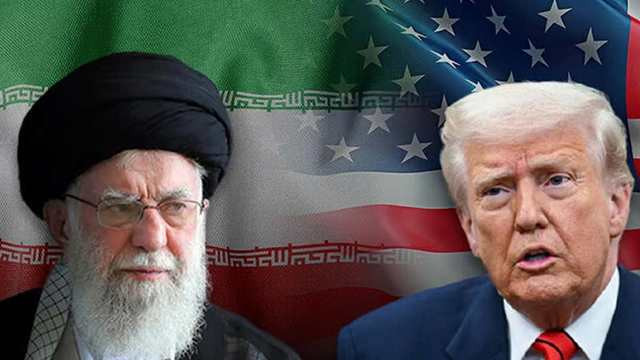

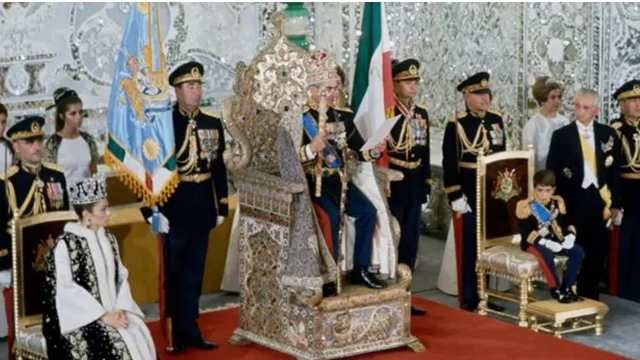
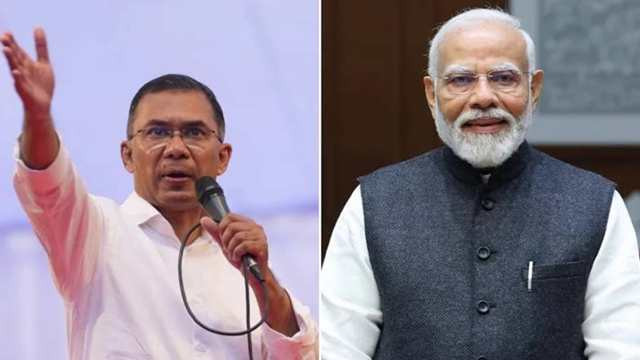
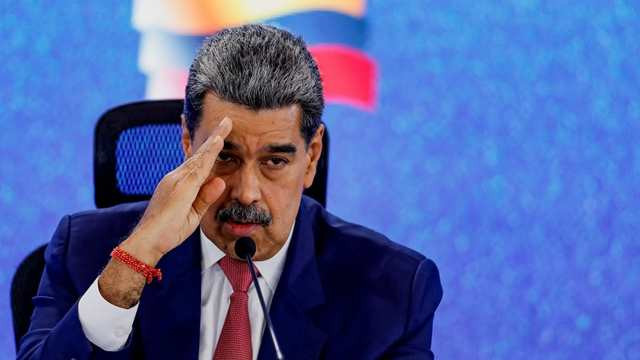

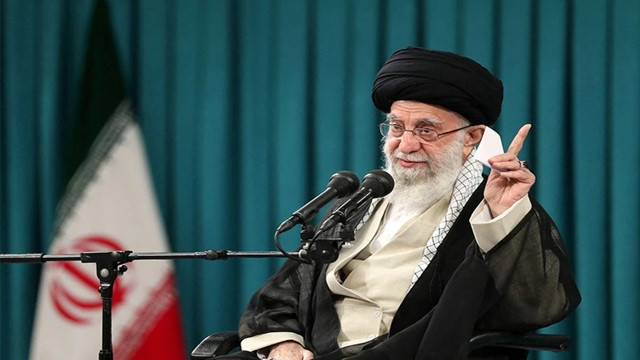

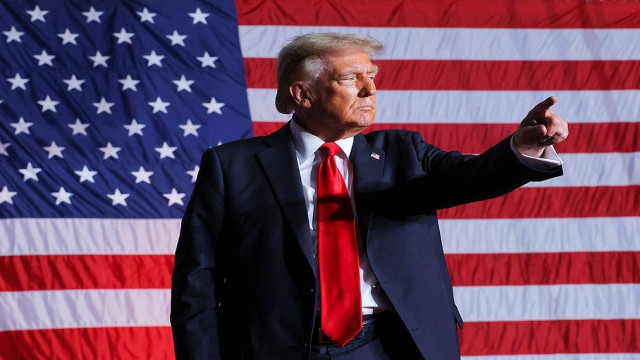
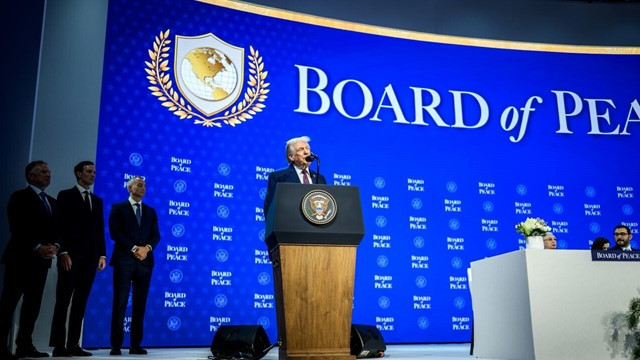
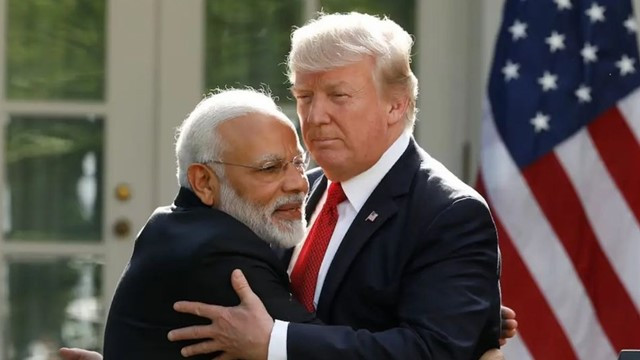
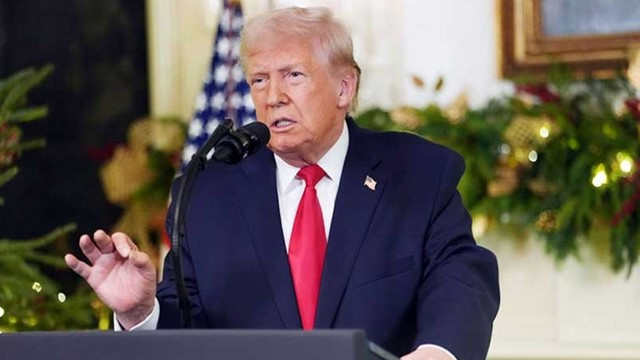
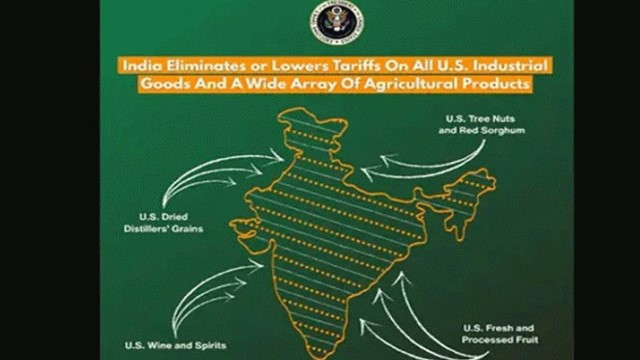
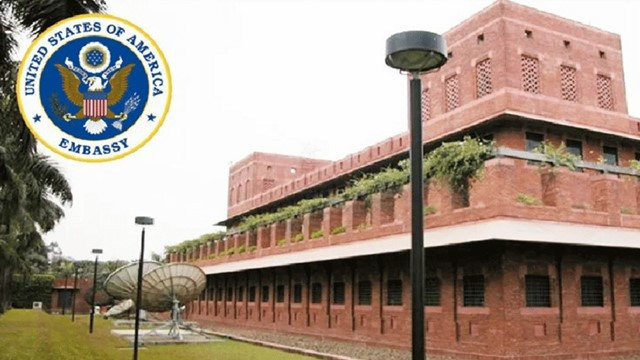
Comments Here: